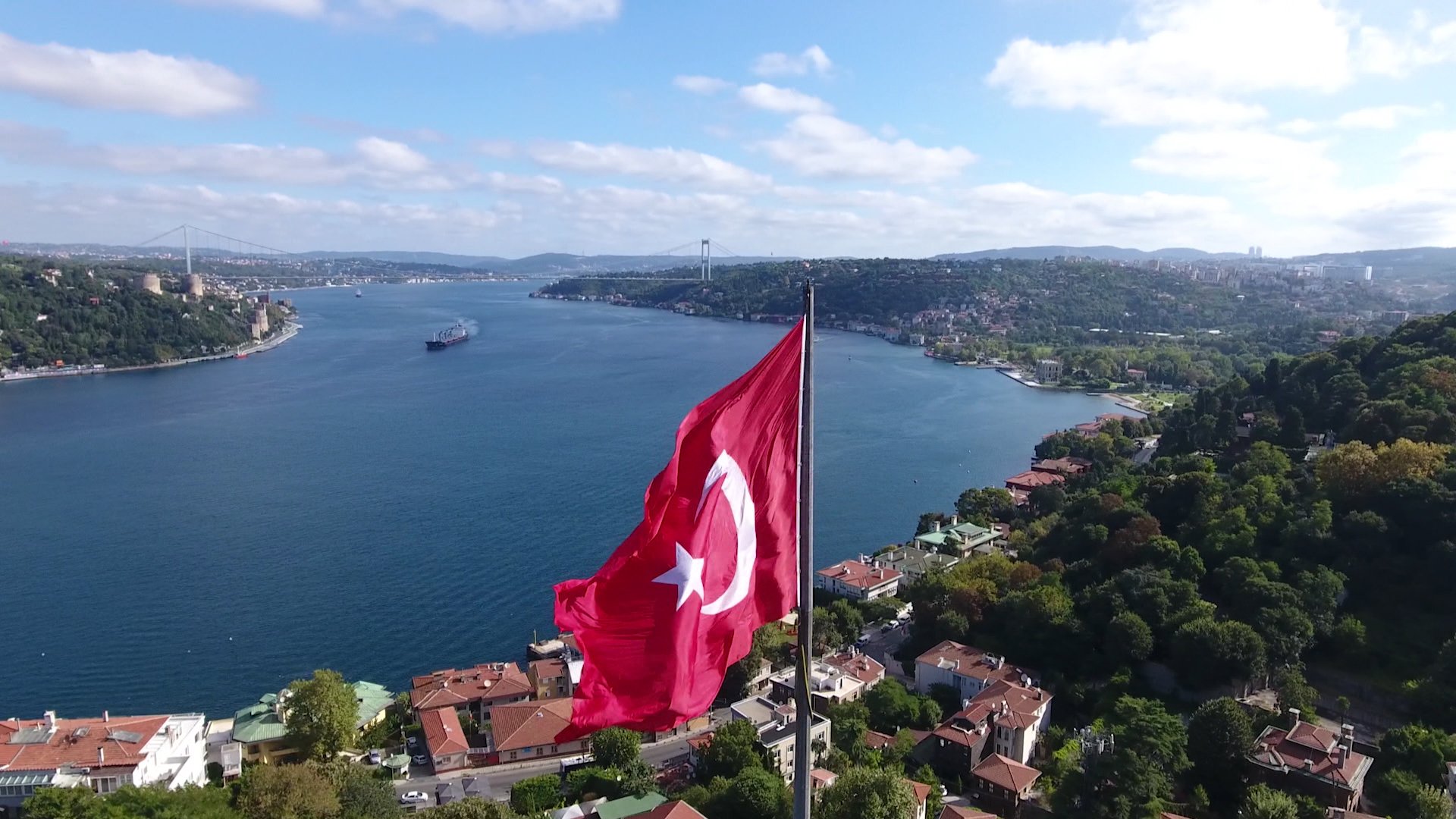
Türkiye as an aspiring great power: navigating challenges and opportunities
In an ever-evolving geopolitical landscape, Türkiye stands at a significant crossroads, striving to assert itself as a great power in the 21st century. Its unique geographical position, rich history, and diverse culture provide a foundation for its aspirations, but the path is fraught with challenges both internal and external. This article explores Turkey's ambitions, the factors contributing to its status, and the implications of its rise on regional and global politics.
Historical Context
Turkey's journey to becoming a significant player on the world stage has deep historical roots. As the heart of the Ottoman Empire, it once commanded vast territories and wielded substantial influence over Europe, Asia, and Africa. The establishment of the Republic of Turkey in 1923 marked a significant shift towards modernization and secularism under Mustafa Kemal Atatürk. This transformation laid the groundwork for Turkey's ongoing quest for national identity, regional leadership, and international recognition.
Strategic Geographical Position
Turkey's geographical location is both an asset and a challenge. Positioned at the crossroads of Europe and Asia, it serves as a critical bridge for trade, energy, and cultural exchange. The Bosporus Strait, connecting the Black Sea to the Mediterranean, is one of the most critical maritime chokepoints globally. Turkey's control over these vital waterways enhances its strategic importance and offers leverage in international relations.
Moreover, Turkey's proximity to conflict zones, such as the Middle East, provides it with a unique vantage point in global security dynamics. Its involvement in regional affairs, from the Syrian civil war to the crises in Iraq and Libya, showcases its potential as a key mediator and power broker.
Economic Factors
Turkey's economy is a significant driver of its aspirations for great power status. As one of the largest economies in the world, it boasts a diverse industrial base, ranging from textiles to automotive manufacturing and technology. The country's strategic investments in infrastructure, particularly in transport and energy, reflect its determination to enhance its global standing.
However, Turkey faces economic challenges, including high inflation, currency volatility, and high unemployment. Sustainable economic growth and reforms are essential for Turkey to consolidate its status as a great power. Overcoming these hurdles will require sound economic management, investment in human capital, and fostering innovation.
Diplomatic Engagement and Soft Power
Turkey's diplomatic strategies and soft power have evolved significantly in recent years. It has sought to position itself as a leading voice in the Muslim world, leveraging its cultural and religious ties. The government has invested in foreign aid and humanitarian initiatives, bolstering its influence and goodwill in various regions.
Furthermore, Turkey's quest for greater integration into international institutions, such as NATO and the G20, reflects its desire to enhance its global influence. However, relationships with Western allies, particularly the United States and the European Union, have become strained due to differing geopolitical interests and domestic policies. Navigating these complexities while maintaining a balanced foreign policy is crucial for Turkey's aspirations.
Regional Challenges
As Turkey pursues great power status, it contends with various regional challenges. Its relationships with neighboring countries, including Greece, Cyprus, and Armenia, remain contentious due to historical grievances and territorial disputes. The ongoing Kurdish issue poses additional complexities, straining relations with both domestic and international actors.
Moreover, Turkey's assertive foreign policy in regions like the Eastern Mediterranean has resulted in heightened tensions with regional powers and the European Union. Striking a balance between national interests and regional stability will be vital as Turkey navigates its aspirations for greatness.
Conclusion
Turkey’s aspiration to become a great power is rooted in its historical legacy, strategic position, and economic potential. However, its path is complicated by domestic economic challenges, regional tensions, and shifting international dynamics. As Turkey redefines its role on the global stage, its success will depend on its ability to foster inclusive governance, drive sustainable economic growth, and engage constructively with regional and global partners.
In this context, Turkey's journey as an aspiring great power will not only reshape its future but also influence the trajectory of regional and international relations for years to come. The world watches as Turkey navigates the complexities of its aspirations, understanding that its success could herald a new chapter in global affairs.
























